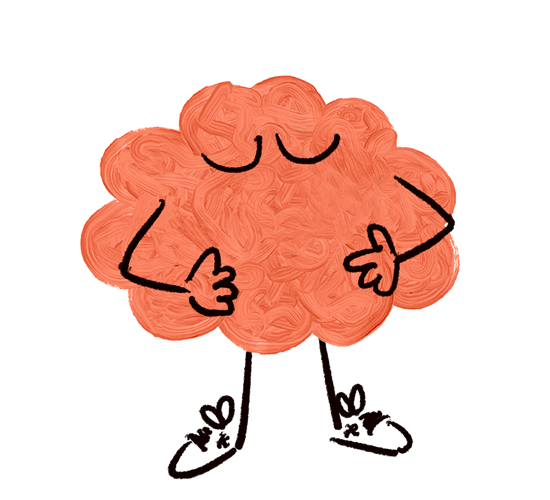Your sexuality is the way you describe your feelings towards another person in a sexual, emotional and physical way. Depending on your sexuality, you may be attracted to people of the same gender, or a different gender, or you might not experience sexual attraction at all. It is important to remember that there is no ‘right’ or ‘wrong’ sexuality; it is simply about how you personally identify and experience attraction.
Sometimes, people can be bullied or treated differently or badly because of their sexuality. There are times where you might be made to feel different from those around you or some people may not understand. Society could treat you differently or not understand your sexuality. Some experiences can leave you to feel upset or isolated. This can make you feel anxious and worried about sharing your sharing your sexuality with others.
Sharing your sexuality with others for the first time is often called ‘coming out’. It can feel scary or daunting to talk about your sexuality for the first time with someone. If you’re nervous about how someone might respond, you could try asking them for their thoughts on an LGBTQIA+ topic first. This might help you understand their thoughts better, and get a feeling for whether they’re likely to be supportive. Remember, it’s okay not to share your sexuality if you don’t want to; you have no obligation to and it’s up to you who you talk to.
There are services available to access to support you include MindOut, Stonewall and Mermaids.
Gender
Your gender identity is how you describe your gender and there are different ways in which you can identify. For example, you might say you are a woman, non-binary, transgender, a man, gender fluid, or something different. Your gender identity is your own decision and includes how you want others to treat you. Some people may prefer to be referred to as ‘she’, ‘him’, ‘they’ or something else. It is important to remember that gender is different from ‘sex’ and that your sex refers to your physical and biological body parts.
At some point in your life you might decide that you are a different gender than the sex you were born with. This can happen at any point in your life, or continuously throughout your life, although it is most common through puberty when hormones are changing.
The way in which you identify can affect your mental health in different ways. It can often be a confusing and distressing time which can lead to feelings of anxiety, depression, isolation and anger. You may also struggle with your body image or how you feel in your own skin if your body does not match your gender but remember there is lots of support available to help you.

Works with the transgender community, with an emphasis on supporting young trans people aged 8-25.
Stonewall provide a list of the different ways people may identify their sexuality
Barnados record the experiences of LGBTQ+ young people
The Mix have provided a video focusing on sexuality terminology
The Mix explains what support is available for young LGBTQ+ people in the UK
Young people discuss their feelings around being transgender
A coming out guide for LGBT young people who want to tell others about their sexuality
Local information about services available to support your mental health